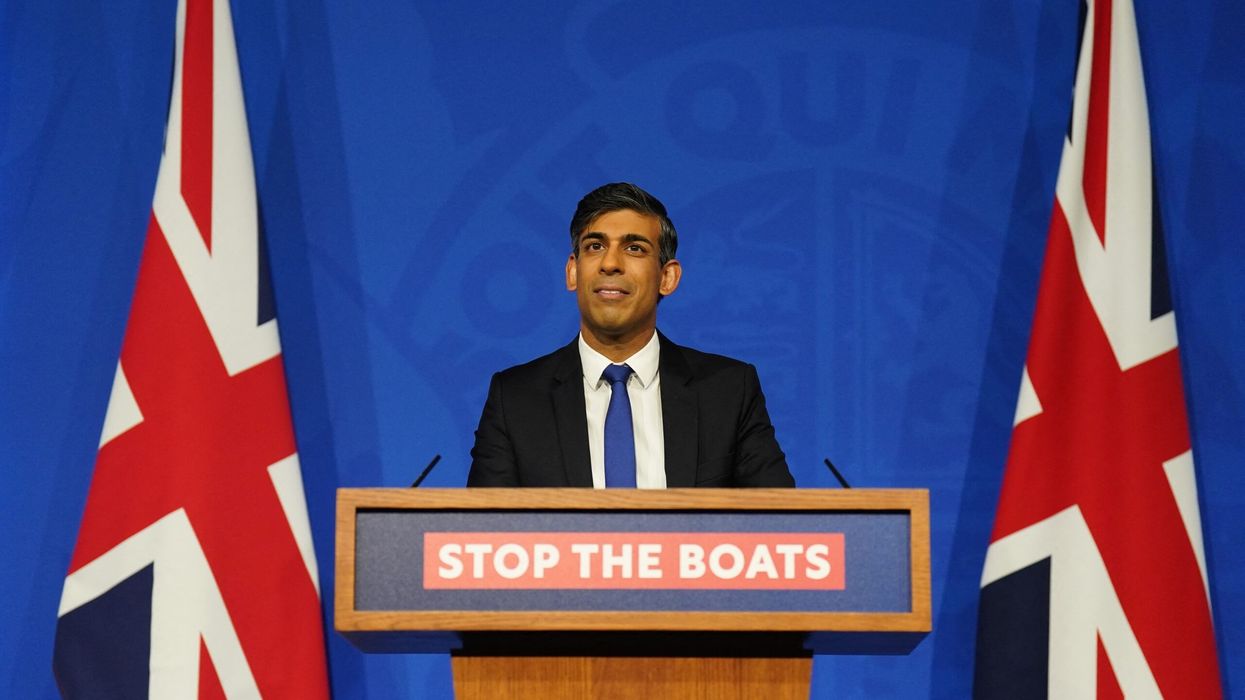Prime minister Rishi Sunak secured a victory in the upper house of parliament's first vote on his legislation aimed at reviving a plan to deport asylum seekers to Rwanda despite the bill facing several hours of criticism from lawmakers, who labelled it as unethical and unworkable.
Under the Rwanda plan, which has yet to be carried out, asylum seekers who arrive on England's southern coast in small, inflatable boats would be sent to Rwanda to live.
After more than six hours of debate on Monday (29), unelected members of the House of Lords, largely made of former politicians and government officials, defeated an amendment that would have killed off the legislation by 206 votes to 84.
The legislation then passed its so-called second reading without a formal vote, meaning it will now face days of line-by-line scrutiny.
In the Lords, the Archbishop of Canterbury Justin Welby, the spiritual leader of the global Anglican communion, warned the government was "leading the nation down a damaging path" and warned it was "damaging for this country's reputation."
Although there was widespread condemnation of the plan, the main opposition party was reluctant to vote against the legislation at this stage over fears lawmakers could overstep their constitutional role by voting down a bill approved by the elected House of Commons, rather focusing on scrutinising it.
With his Conservative Party trailing in the opinion polls before an election expected later this year, Sunak has invested large amounts of political capital in the Rwanda policy in the hope it will allow him to meet a promise to "stop the boats."
More than 1,000 asylum seekers have arrived in Britain on small boats so far this year after more than 300 made the journey at the weekend.
Britain has already paid Rwanda about 240 million pounds ($305 million) to take asylum seekers, but nobody has been put on a plane to the African country because of legal challenges.
The Lords are expected to weaken the legislation at later stages in the parliamentary process next month, when they start debating and voting on amendments.
(Reuters)




